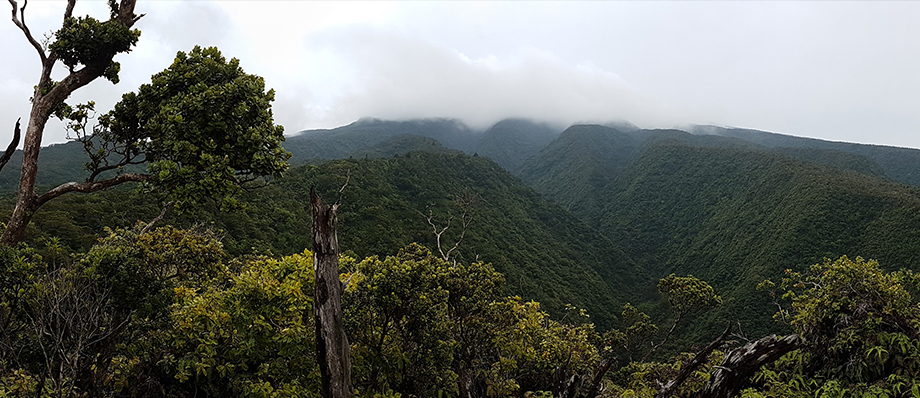
Permission. “Permission” is not a word we often think about when it comes to the natural world. Our society tends to approach nature as something it is entitled to use, entitled to explore, entitled to exploit, even entitled to kill.
That couldn’t be further from the truth.
Humans, despite some of our behavior, are not entitled to control the animals, plants, and ecosystems we are privileged to share this planet with. We are just one piece in a much larger puzzle, meant to live alongside and respect the rest of the natural world. It’s Mother Nature, at the end of the day, who’s really in charge.
Hurricane Harvey—devastating in its wrath and destruction—is just the most recent example of the awesome, overwhelming power nature can wield. Though it shouldn’t take a storm of such proportion to command respect, Harvey is a much-needed reminder that Mother Nature reigns supreme. We were simultaneously thrilled and touched to learn about a cultural tradition rooted in the idea of respect and permission on one of our recent trips to Hawaii. Our Project Manager, Carrie Smizik, was fortunate to participate in the ancient Hawaiian concept of Ahupua’a. The tradition is based on the idea that we should ask permission when we enter the natural world. It’s a lesson we need now more than ever.
Private property is not part of Hawaiian tradition. Instead, Ahupua’a ruled, which decreed equal division of land among residents to fish or farm only what was necessary to sustain and share across the wider population. The very tops of the mountains, however, remained untouched. Mountaintops are considered the “dwellings of the gods.” Nature was left to work its magic there; water was allowed to forge a path down the mountains to sustain all life below. The mountaintops, ancient Hawaiians believed, are where nature does its best work in the unforgiving, unpredictable conditions of rain, wind, and cold.
On the Pu’u Kukui Preserve, one of the most sacred mountain tops in Hawaii, our work in conservation often takes us into these dwellings of the gods. Conservation work here is especially important given mountaintops play host to some of the most fragile and pristine elements of the ecosystem. While conservation and preservation are crucial to maintaining the area, those who come with those missions must still respect the area and formally ask permission to enter. Everyone must participate in the mandated “protocol,” not just to enter, but also to remain protected in the harsh landscape that can include steep cliffs, treacherous terrain, and unpredictable weather. In this case, Carrie, along with two others, gathered at the entrance to the Preserve to perform the ritual and ask for permission and protection. Check out the video below to see and hear the protocol performed.
Asking for Permission in Pu’u Kukui
Permission. “Permission” is not a word we often think about when it comes to the natural world. Our society tends to approach nature as something it is entitled to use, entitled to explore, entitled to exploit, even entitled to kill.
Posted by Wildlife Protection Solutions on Monday, September 25, 2017
The protocol can be a powerfully moving experience. Carrie remembers the first time she participated:
“It was raining, the drizzle speckling my face and permeating the air with the most clean, sweet smell. I was near tears after this experience because, it was such a simple, yet overwhelming concept: asking permission. I’m reminded of when we learn this as a child, usually as it relates to sharing items which do not belong to you and in showing respect. ‘May I come into your home?’ ‘May I try a bite of your food?’ Inherent in asking permission is the idea that something does not belong to you. And so it is with Nature. It does not belong to any of us, but rather we are a part of its whole. So we must show respect and ask to enter. We also ask for a safe return, because in the realm of gods, the conditions change and your fate may not be in your control.”
The final step of the protocol is to “share the breath of life.” If you watched the video above to the end, you saw the Director of Conservation stand nose to nose and take a breath with each person in the group. This practice symbolizes the commonality we all share that sustains us in every moment of every day. It also underscores the shared mission to protect such wild places and all the life they bring to this world.
Take a deep breath today and think about all the living things that surround you. How lucky we are.

